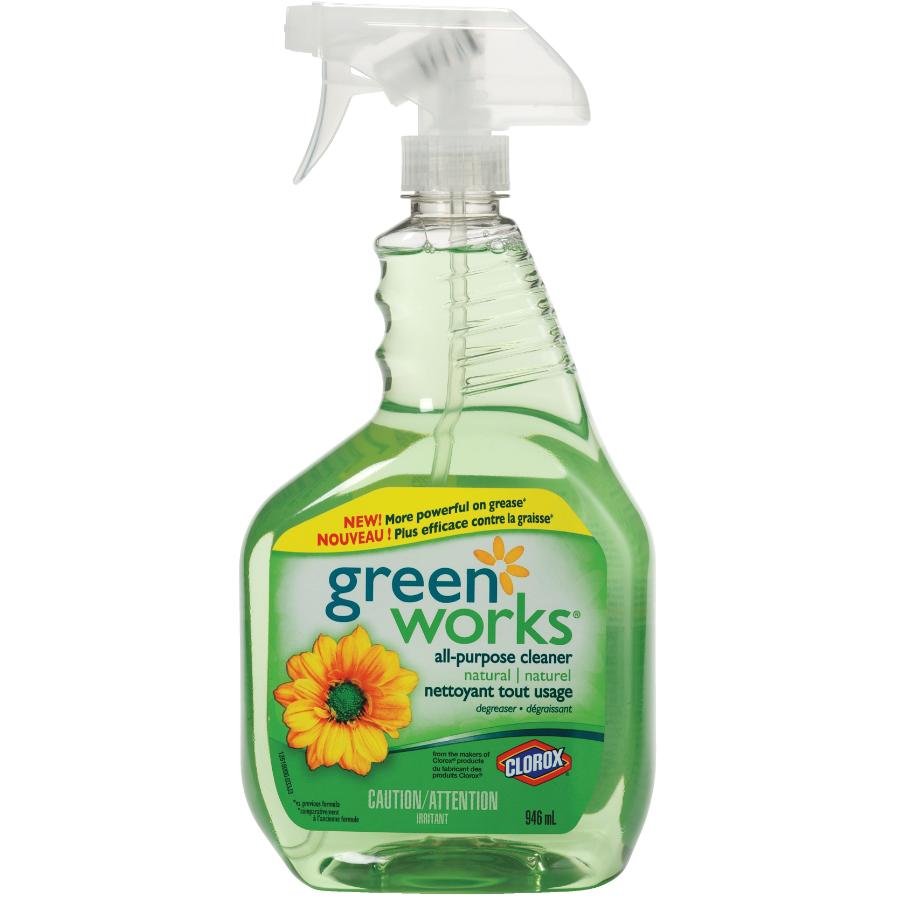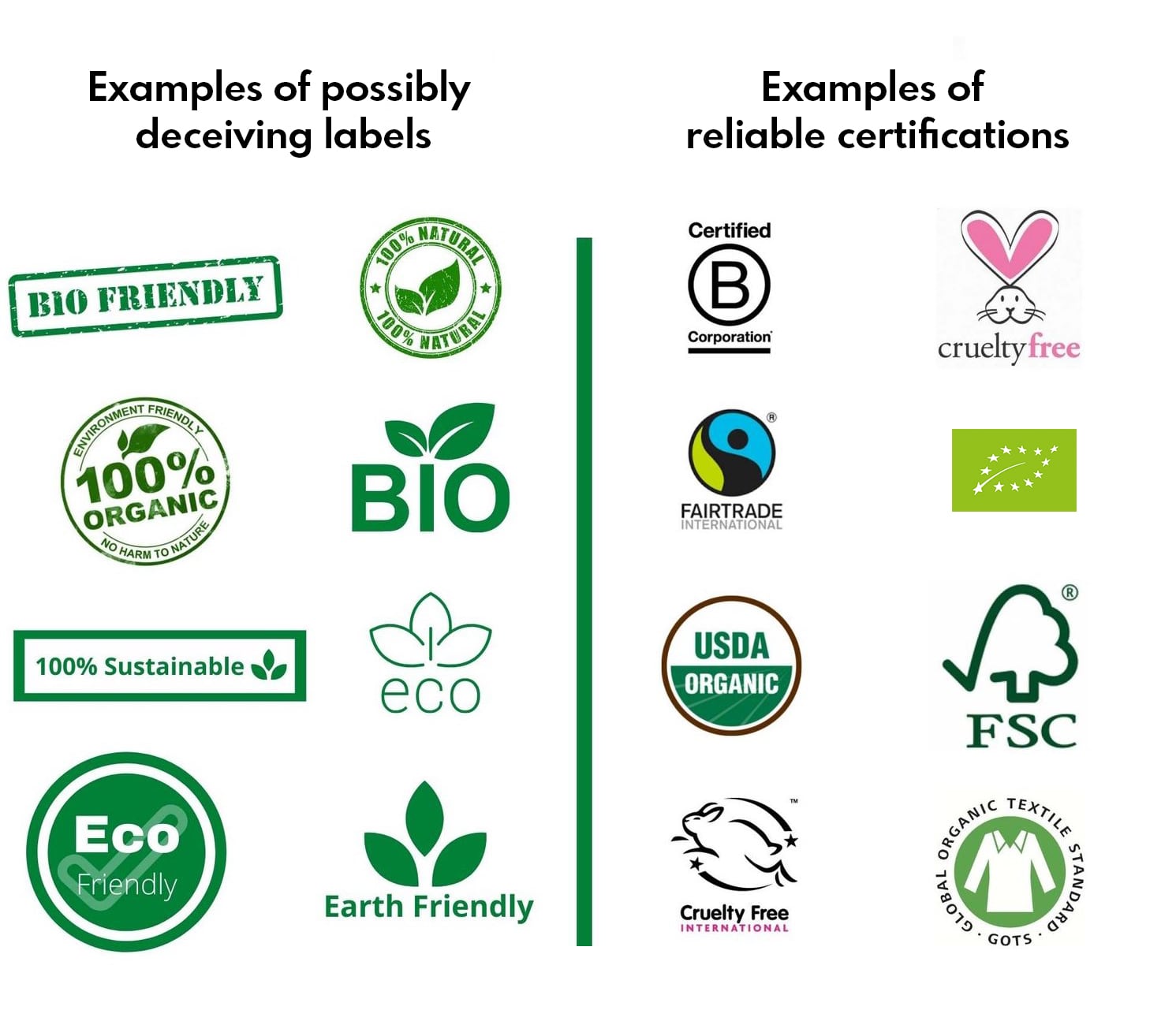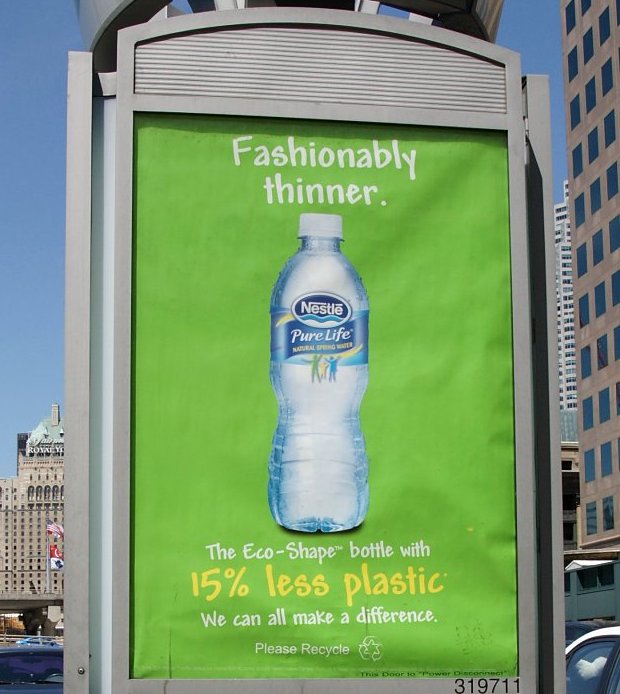- 4 min
What is greenwashing? 5 tips to spot and avoid it
What is greenwashing?
Greenwashing is when an individual, company or government presents itself as environmentally friendly by showing off certain small or non-existent “green” features, while fundamentally not being environmentally friendly at all.
For instance when you advertise that a piece of meat is environmentally friendly, because the packaging doesn’t contain any plastics. While it might be true that the packaging is more environmentally friendly, the product itself is not good for the environment at all. This way marketing can mislead people into thinking that the product as a whole is good for the environment.
How to spot and avoid greenwashing

1. Check if vague claims, buzzwords and green packaging are backed up with relevant facts
Vague buzzwords like ‘environmentally friendly’, ‘green’ or ‘natural’, often combined with beautiful green packaging and pictures can make you feel a product is more environmentally friendly. The problem is that these terms and beautiful images are not protected so anybody can use them. Therefore we have to look more deeply: always check if these claims are backed up by verifiable facts on the packaging or their website.
2. Research what’s required to make this product truly environmentally friendly
3. Check if the product has trustworthy certifications
If a product claims to be organic but they don’t have a trustworthy certification for that, then there is nothing but themselves to keep them accountable to these standards. Not all certifications and labels mean something, so check if any claims are backed up by trustworthy certifications:

Check what the certifications mean as well if you’re not sure. For instance some fish might have been caught responsibly in accordance with the MSC certification, but this doesn’t mean that the ships don’t emit large amounts of greenhouse gasses.

4. Realize that some types of products can’t be made environmentally friendly
Environmentally friendly flights, climate conscious beef from a grass-fed cows or eco-friendly bottled water will never be better for the environment than the alternatives. In those cases companies might try to show that they are a little less bad than their competitors, but in reality the differences are marginal and it is always better to simply not use them if you can avoid it.
5. Check the company behind the product
Sometimes the product itself might be good for the environment because of the ingredients or materials used, but the company itself is not producing those in the most ethical or environmentally friendly way. For instance organic cotton or organic chocolate sounds good, but if the people producing it are treated badly it is still far from ideal. Electric cars, for example, are also a lot better for the climate than petrol and diesel cars, but the materials for the battery can be sourced responsibly or completely irresponsibly.
For many companies it is hard to determine this, but you can get clues from: certifications, investigative reports, public pages that factually describe how they treat workers or the environment in detail. It is probably not doable to investigate this for all products you’ll buy, unless you have a lot of time. But for those that you buy often, you can improve your conscious purchasing even more by taking some time to investigate.
Greenwashing happens a lot, but isn’t everywhere you look
When you see greenwashing, it’s understandable to feel betrayed and weary of the ‘sustainable’ actions companies and organizations do. But it is really hard to make certain products truly sustainable in every way so there will usually be some fault to find if you look deeply.
We vote for a green future in the ballot box but also with our wallets, so it’s still important to reward those companies and organizations that are sincerely doing the most for a green, sustainable earth. It’s surely not a meaningless pursuit.
The next step towards a sustainable life
By letting us plant trees for you in Tanzania to offset your carbon footprint you also get access to the program ‘In harmony with earth’ where you learn more and more about what are the most environmentally friendly choices to make in life. You’ll definitely learn to spot greenwashing more easily, so order your trees now: